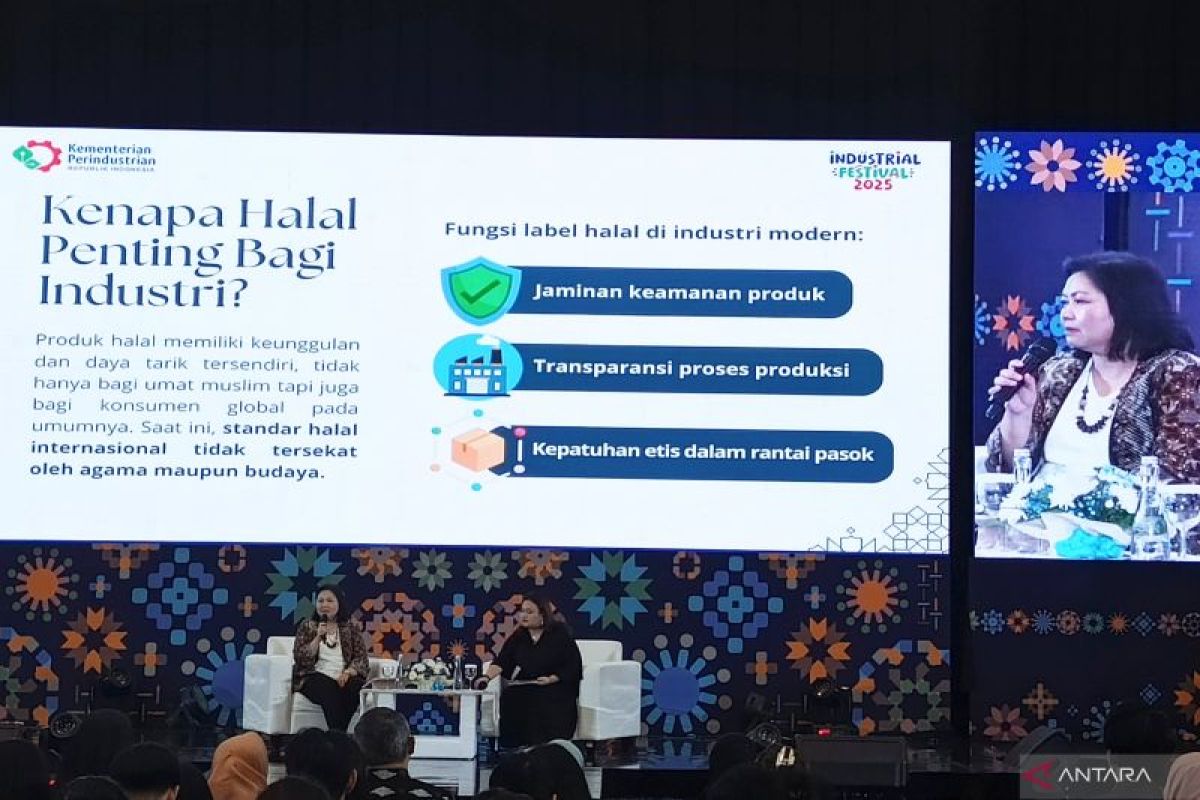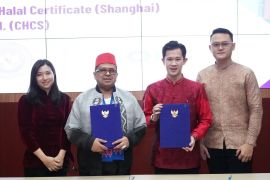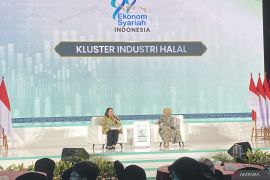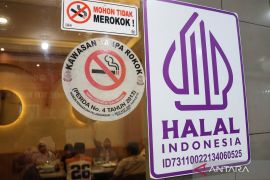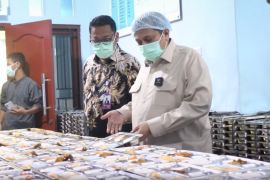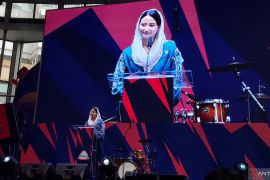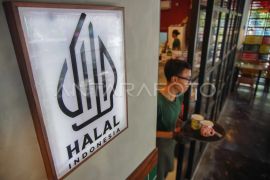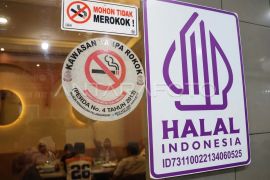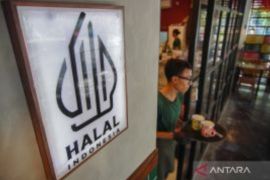The Expert Staff to the Minister of Industry for the Acceleration of Industry 4.0 Transformation, Emmy Suryandari, on Friday, informed that based on data from Statistics Indonesia (BPS), Indonesia's population is dominated by the productive and innovative Generation Z and millennials.
"This is the right moment for the younger generation to contribute to the development of the national industry," she conveyed at the Industrial Festival x Halalindo 2025 event in Tangerang, Banten, on Friday.
Suryandari explained that halal standardization is no longer limited to religious and cultural aspects, but has become a guarantee of product quality, transparency, and safety.
According to the State of the Global Islamic Economy (SGIE) 2024/2025 report, global Muslim consumer spending was projected to grow by 5.3 percent annually, from US$2.43 trillion in 2023 to US$3.36 trillion in 2028.
However, despite having a majority Muslim population, Indonesia currently ranks ninth among halal product exporters to member countries of the Organization of Islamic Cooperation (OIC), she addressed.
On the contrary, several non-Muslim countries, such as China, India, and Brazil, dominate the halal product export market, she continued.
In order to achieve the goal, Suryandari noted that the Industry Ministry, with several ministries and institutions, is preparing fiscal policies, supervision, and halal infrastructure.
Strengthening is also being carried out in the processing, packaging, refrigeration, and transportation sectors to support the halal industry ecosystem, she added.
Furthermore, Indonesia's vision of becoming a global halal industry hub is realized through five main strategies, namely strengthening the domestic market and maintaining quality through halal certification.
This is followed by expanding national and international collaboration, increasing participation in global halal standards, and investing in infrastructure such as halal industrial areas and halal logistics terminals.
If this halal ecosystem is firmly established, she believes the benefits will not only increase exports but also create jobs, strengthen food security, and encourage independence in the pharmaceutical and cosmetics industries.
Related news: Indonesia seeks global halal industry ties at INA-LAC 2025
Related news: Indonesia promotes Sidoarjo Halal Zone to attract global investors
Related news: Islamic economy seen as key driver of Indonesia's future growth
Translator: Resinta Sulistiyandari
Editor: Azis Kurmala
Copyright © ANTARA 2025
